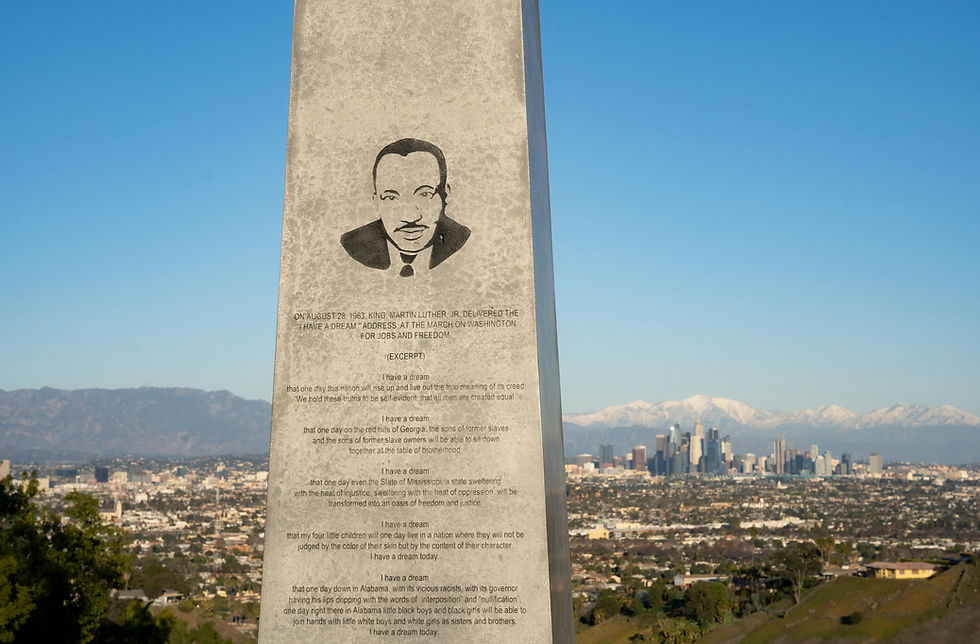Why Are Our Human Rights Under Attack?
- Daphne, FNDR of Tough Convos

- Dec 10, 2021
- 4 min read
Updated: Feb 20, 2024
Human rights are rights that we have simply by virtue of our existence as humans; they are not bestowed by any state. These universal rights belong to everyone, regardless of national or ethnic origin, nationality, color, language, religion, gender, or any other rank. They range from the most basic, the right to life, to those that make living worthwhile, such as the rights to health, food, liberty, education, and work.

Table of Contents:
Human rights are inalienable. They can never be taken away, but they can be limited in certain circumstances, such as when a person violates the law, or in the interests of national security. These fundamental rights are founded on common values such as fairness, dignity, independence, respect, and equality. These values are legally defined and protected, on paper.
The Universal Declaration of Human Rights (UDHR), adopted by the United Nations General Assembly in 1948 was the first legal document to outline the fundamental human rights that should be guaranteed to all people. The Universal Declaration of Human Rights remains the cornerstone of all international human rights law. Its 30 articles serve as the foundation for present and future human rights treaties, conventions, and other legal tools.
Why is the Universal Declaration of Human Rights (UDHR) important?
The Universal Declaration of Human Rights is, as the name implies, universal – that is, it applies to everyone in all states worldwide. Although the Declaration is not legally binding, the preservation and protection of the freedoms and rights outlined in it have been integrated into several legal frameworks and national constitutions.
The Declaration also served as the foundation for the development of many other legally mandatory human rights conventions, and it has become a clear yardstick for universal human rights policies that must be preserved and promoted in all countries.
The Universal Declaration of Human Rights continues to serve as a bedrock for international and national laws and policies. It serves as a piloting inspiration for organizations like Amnesty International that are dedicated to fighting for and protecting human rights.
So how do these rights actually protect us? How do our country's constitutions uphold these inalienable rights, or not? Let’s take a look at a historical example of when human rights were cast aside for an entire group of people, and those in power responsible for orchestrating it were not taken to justice.
Nuremberg Trials: What were the main purpose and outcome?
The Nuremberg trials were a series of military tribunals held by the Allies following World War II under the laws of war and international law. The most remarkable aspect of the trials was the prosecution of renowned members of Nazi Germany’s economic, judicial, political, and military leadership who plotted, executed or otherwise took part in the Holocaust and other war violations. The trials held in Nuremberg, Germany, and their outcomes marked a critical point in the development of contemporary and classical international law.
The trials exposed the German leaders who backed the Nazi dictatorship. Of the 177 defendants, 20 were sentenced to life in prison, 24 to death, and 98 were given other prison terms. Twenty-five defendants were acquitted. As a result of pardons, the majority of the prisoners were released.
Are Human Rights a reality today?
If we look around us currently there are scary patterns emerging. There are several human rights abuses flagrantly passed off as just part of life: sex trafficking, child labour, women’s abuse, minority women’s abuse, lack of running water, food shortages where there are none, medicine being delayed, controlled, over-priced, unsafely passed, also known as medical tyranny.
We’ve seen from history, medical tyranny is a political and economic tool used by those in power to suppress others, to deny them of their human rights to life, liberty and prosperity, and ensure they maintain power, both politically and financially. The ideologies used by mass media to spread the hidden agenda, and divide human beings into categories of haves and have nots, have consistently throughout history led to the extermination of innocent people: Queensland Aboriginals, Amerindians in California, Mayan Guatemalans, Ikiza in Burundi, Darfur in Sudan, Chechens in the Soviet Union, Hutus in Zaire, Assyrians in Turkey, Bangladesh genocide, Tutsis in Rwanda, Dzungar genocide in China, Circassian genocide in Russia, the Cambodian genocide, Holodomor in Ukraine, the Palestinians in Gaza and of course the holocaust. In total, we’re talking about hundreds of millions of people murdered intentionally by governments and political forces with economic agendas.
The 10 Stages of Genocide are shockingly familiar…

We can do something about this. We need to stand up for each other. As Audre Lorde said, “you do not have to be me in order for us to fight alongside each other.”
Human Rights will only become a reality when we can look at our neighbours and stand up for them even when it does not negatively affect us - because it will affect us all directly or indirectly in the long run, as we are all human beings who are born free and equal, right?
Find out more about human rights abuses in your country, community and workplace, so we can stand together. You can simply book a call with us or sign up to attend our next Tough Convos event in January 2022.




Comments